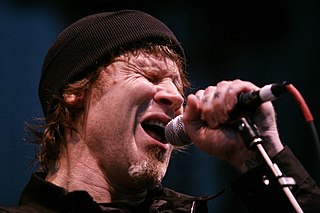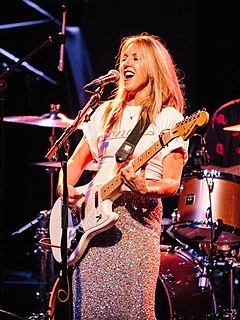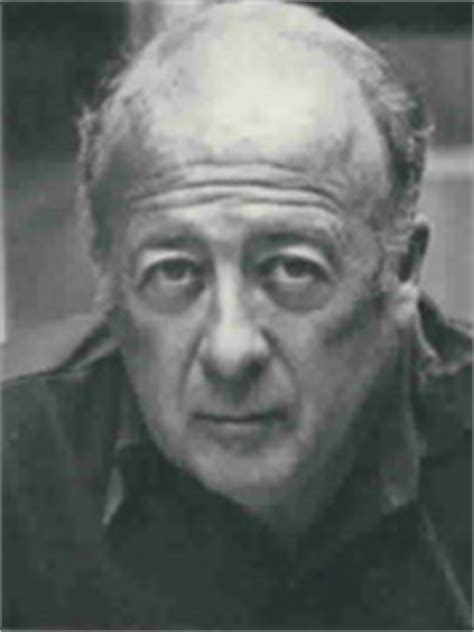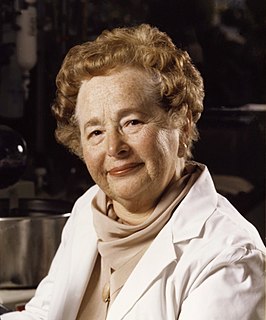A Quote by Denzel Washington
When I did A Soldier's Story, I was very young and green and thought I knew everything-now I know I know everything!
Related Quotes
Have you come over time to think that you know more now than you did when you were young, know less now than when young, know now there is so much more to know than you knew there was to know when young that it is moot whether you think you knew more then than now or less, or do you now know that you never knew anything at all and never will and only the bluster of youth persuaded you that you did or would?
We were required to predict a soldier's performance in officer training and in combat, but we did so by evaluating his behavior over one hour in an artificial situation. This was a perfect instance of a general rule that I call WYSIATI, "What you see is all there is." We had made up a story from the little we knew but had no way to allow for what we did not know about the individual's future, which was almost everything that would actually matter. When you know as little as we did, you should not make extreme predictions like "He will be a star."
As far as change, anyone from the age of 13 to 19, you become a whole new person because you grow up. There was so much that I didn't know or that I thought I knew because I was just a 13-year-old at the time who thought I knew everything. But I realized very quickly that, no, there's so much about everything that I don't. So what I've at least tried to do is accept that I don't know everything. Life is so much more fun that way. And it's easier. I've just been trying to learn, rather than to pretend that I'm perfect.
I had a very brilliant father who was not only intellectual, but was street-smart and very curious to boot. The day I found out that he didn't know everything, I grew up. It was a shock. I just thought that the man was the end-all of everything, and he knew the answer to everything. Then I found out I'd have to find out my own answers.
What interested me the most was that when I [traveled to Europe] I knew what Joseph Beuys was doing, he knew what I was doing, and we both, we just started to talk. How did I know what Daniel Buren was doing, and to an extent, he knew exactly what I was doing? How did everybody know? It's an interesting thing. I'm still fascinated by it because, why is it now, with the Internet and everything else, you get whole groups of artists who have chosen to be regional? They really are only with the people they went to school with.
It's crazy how intelligent kids can be at a very young age and how they know what they know. I came out of the womb drawing on everything; I used to draw on my mother's white furniture and her white walls with her red lipstick and my pencils. Little did she know that would later materialize into me doing what I do now - I'm a painter as well and a micromechanical engineer.
The Universe story is the quintessence of reality. We perceive the story. We put it in our language, the birds put it in theirs, and the trees put it in theirs. We can read the story of the Universe in the trees. Everything tells the story of the Universe. The winds tell the story, literally, not just imaginatively. The story has its imprint everywhere, and that is why it is so important to know the story. If you do not know the story, in a sense you do not know yourself; you do not know anything.
You didn't have to take a punch for me, you know,' he said. 'I'm a lover, not a fighter.' 'You're a freak is what you are,' I said. He stuck out his hand. 'Come on, slugger. Walk with me. You know you want to.' And the thing was, despite everything I knew-that it was a mistake, that he was different from the others-I did. How he knew that, I had no idea. But I got up and did it anyway.
Writers don't often say anything that readers don't already know, unless its a news story. A writer's greatest pleasure is revealing to people things they knew but did not know they knew. Or did not realize everyone else knew, too. This produces a warm sense of fellow feeling and is the best a writer can do.




































